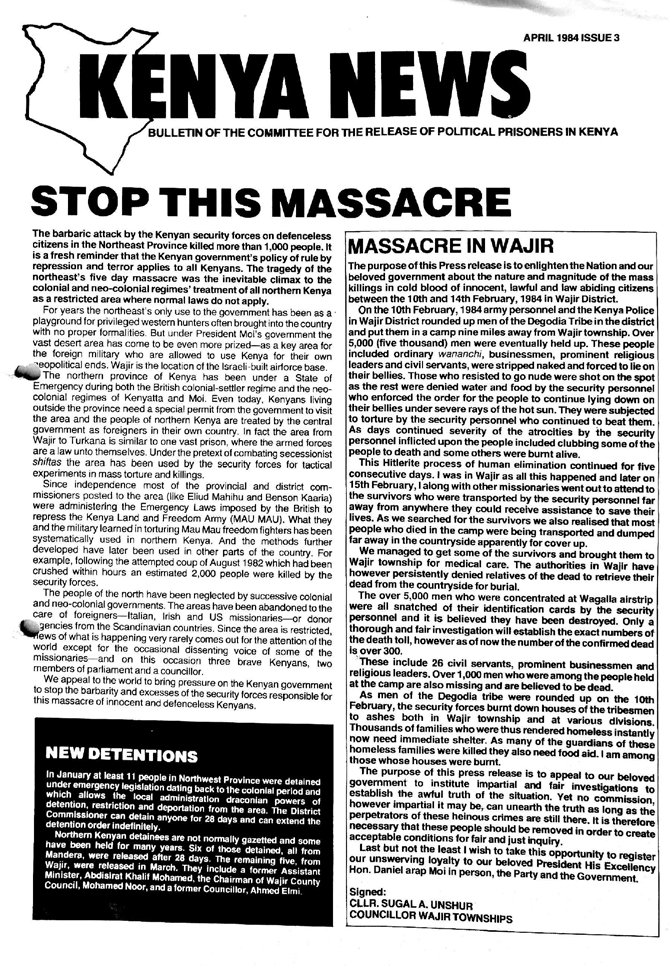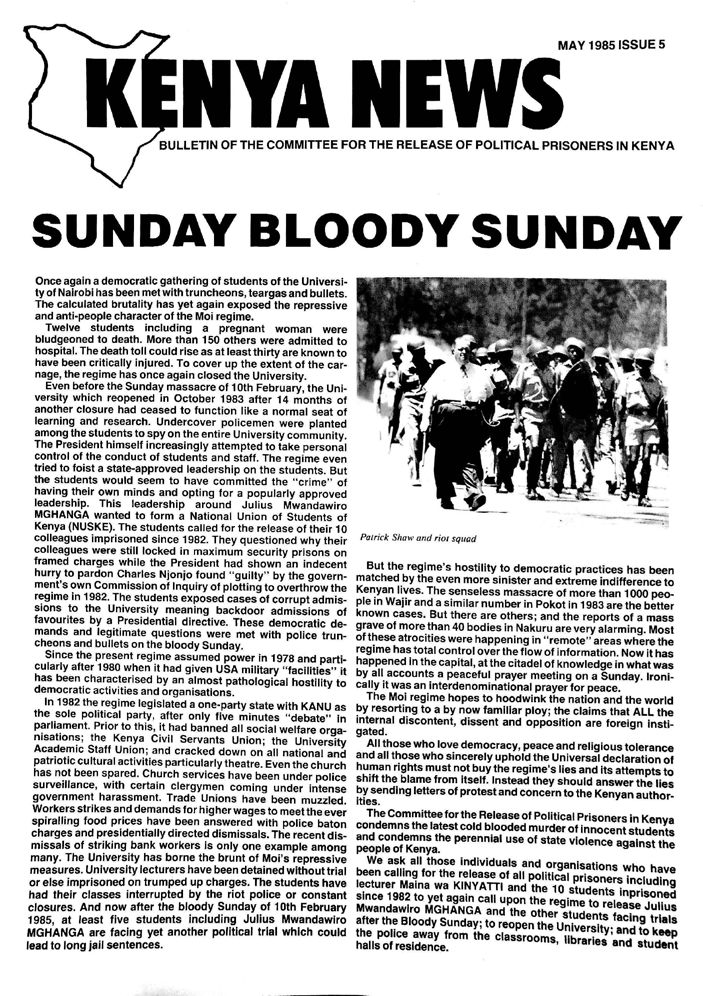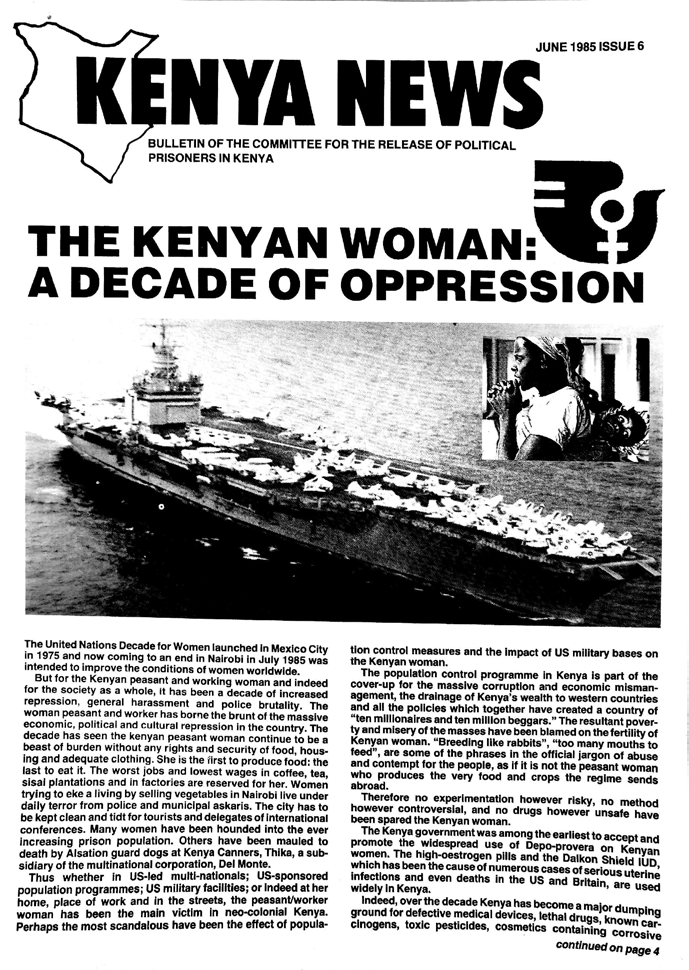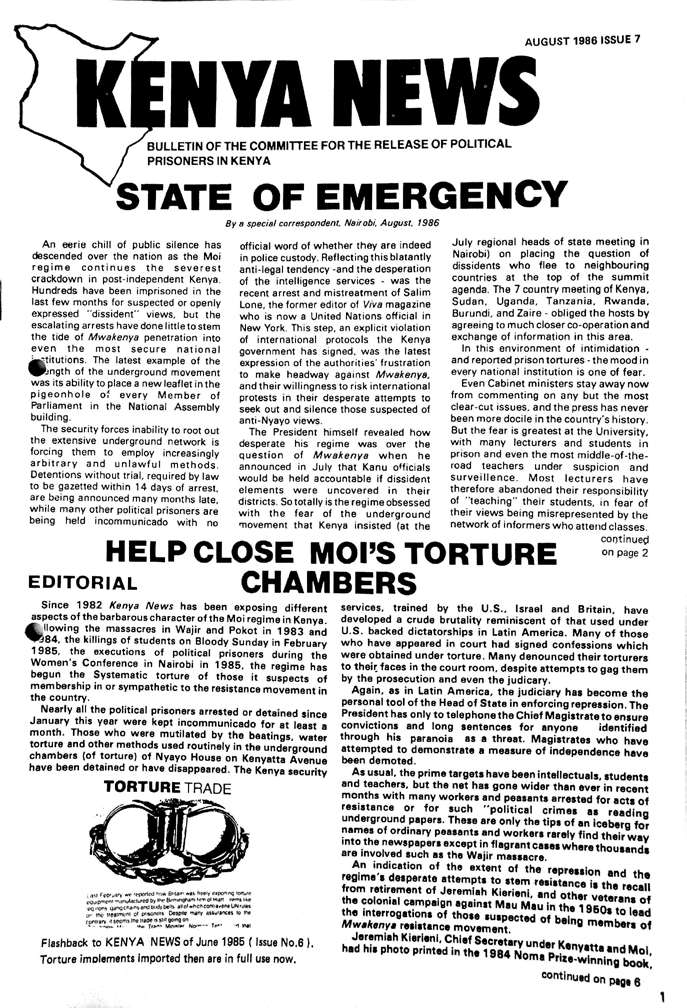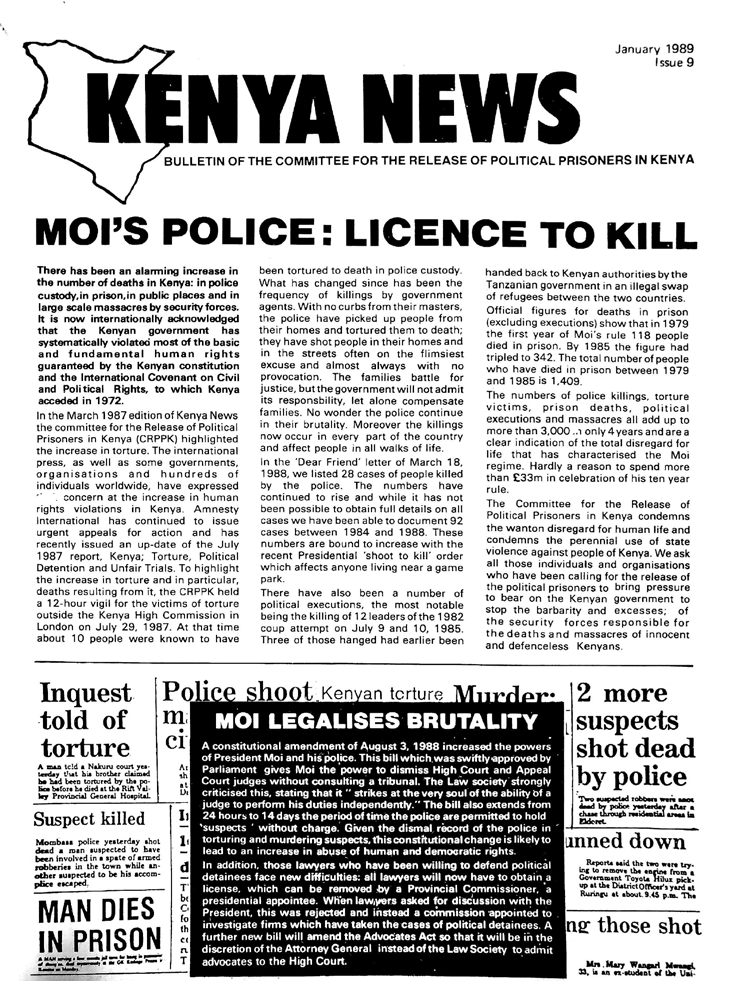The last two decades have witnessed an unprecedented (one can even say, obsessive), offensive against the ideas of socialism on a world scale. The collapse of the Soviet Union and it’s bureaucratically planned system, alongside it’s Eastern European satellites, was held up as definite proof of the unworkability of Socialism.
In fact, some, like the American Francis Fukayama, were as bold as to pronounce not just the death of Communism but also “the end of the History”.
It behoves the vanguard for/of socialism to mount a defence. But many such efforts have proved counterproductive in the past. They were carried out in the realms of theory and above the mundane everyday realities of the lives of people. They thus failed to find any resonance with working people.
The defence of socialism and socialist ideas need not be made through long-winded academic discourses. Any such attempts would appear to be mere apologetics. Indeed, most of those which have appeared have been too stringent, too defensive and even shrill in trying to counter the detractors.
Marxism has withstood centuries of attacks, misinterpretation, misappropriation, misapplication, and distortion. Marx, Engels, Lenin, Trotsky, and others had long predicted such eventualities.
But did socialism really die? Was there such a conclusive proof of it unviability? Socialism never died nor is it unviable. Why?
The main reason for this is the living reality of socialist ideas. Whether in the ghettos of South Africa, the favellas of Brazil or the sweat shops of China, the life conditions of the people are a testament to the unworkability of capitalism.
It’s heartening that The Kenya Socialist should appear at this critical time, when capitalism appears to be in its death throes, it needs concerted efforts to push it off the cliff.
The task of educating the masses can’t be more urgent as in the present.
With the prevailing political illiteracy, fostered by the ruling class, it’s imperative that counter arguments/ offensives should be made.
Despite the glaring socioeconomic and political iniquities in the society, and the people’s receptive mood for change, the ruling class usually channels such steam into harmless parliamentary, electoral activities. They disarm the people and drown their felt grievances in superficial changes involving parties or individuals.
The ruling class never addresses the need for a change of the system – capitalism itself. Doing so would be suicidal for it as a class. The ruling class therefore is never interested in the real education of the masses. They would not have an enlightened, informed and rational citizenry. Such a people pose a danger, not just to the existing regimes, but also those aspiring to replace them. The people remain the poorer for it. Let’s keep up the good work.
Kenya: Repression and Resistance: From Colony to Neo-Colony, 1948-1990. Part 2: Illustration
Issue No. 3 of The Kenya Socialist carried the first part of the above article by Shiraz Durrani and Kimani Waweru. The article which appeared in the Palgrave Encyclopedia of Imperialism and Anti-Imperialism ((2nd ed., 2021) did not contain illustrations prepared with the article. This issue of TKS reproduces some of the illustrations from that file. Ukombozi Library has the full paper collection of the original documents. There is a now an attempt by Vita Books, Ukombozi Library and History254 to digitise these and other material in Kenya Resistance, under the title, the Kenya Resistance Archives. Contact the Editors or History254 for further details about the digitisation project.
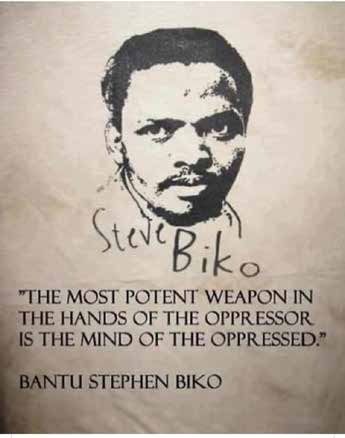

People Resist

Countdown to Freedom. (Africa Events 1990)

Saba Saba resistance (Africa Events 1990)
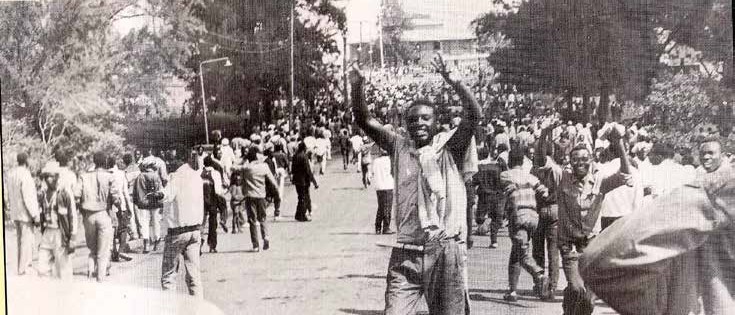
Saba Saba resistors (Africa Events, 1990)
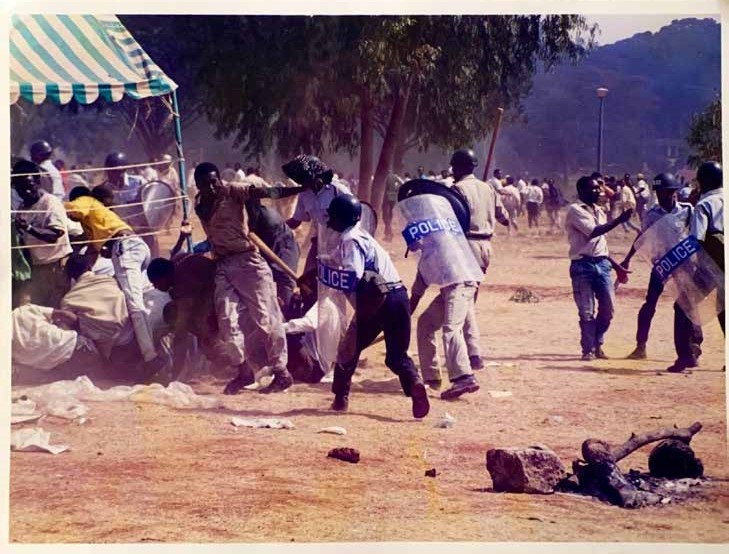
Police Disperse Protesters (1992)
Police dispersing Kenyans protesting in Uhuru Park, Freedom Corner in Nairobi calling for the release of
political prisoners. March 1992. (Photo: Khamisi Ramdhan)
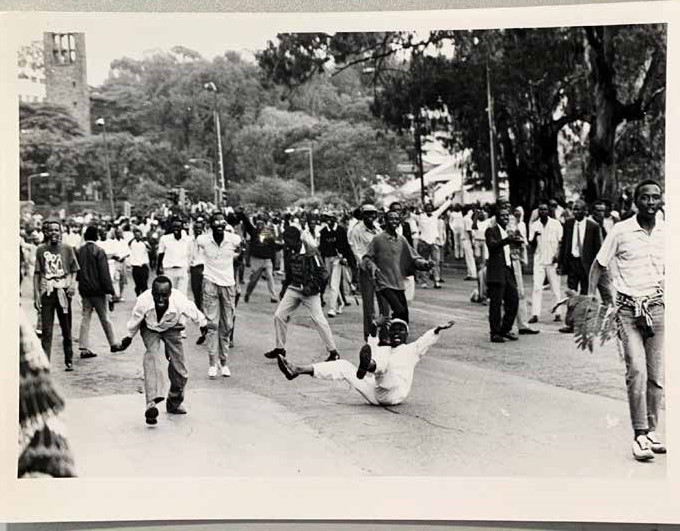
University of Nairobi students demonstrate (1992) (Photo: Nation)
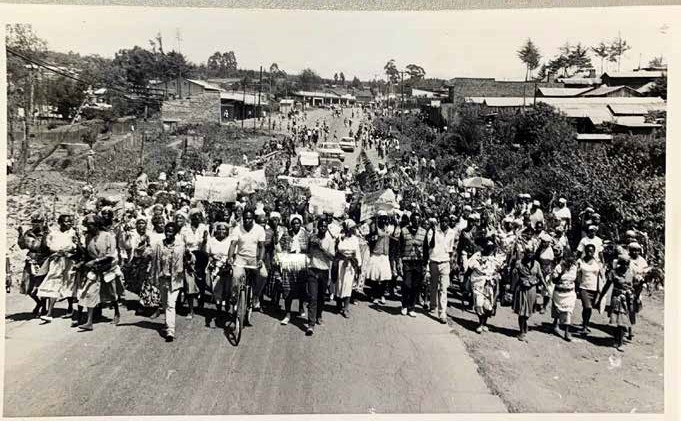
Molo residents demonstrate (1992) Photo: Nation
ORGANISED RESISTANCE: December Twelve Movement (DTM
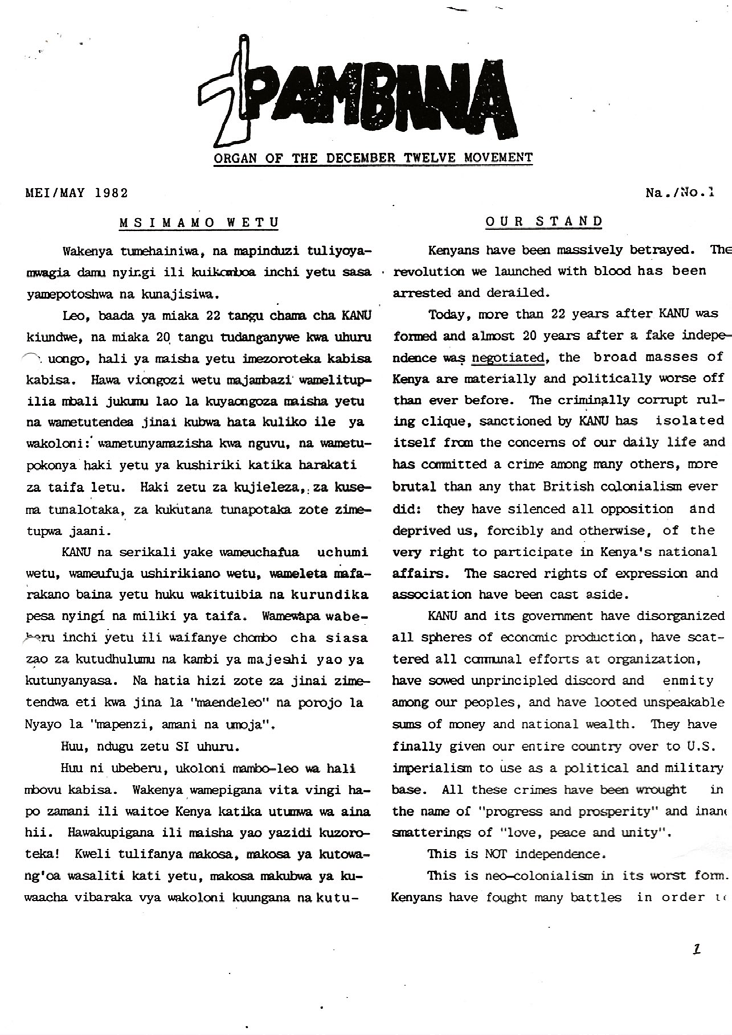
Pambana No. 1 (May 1982)
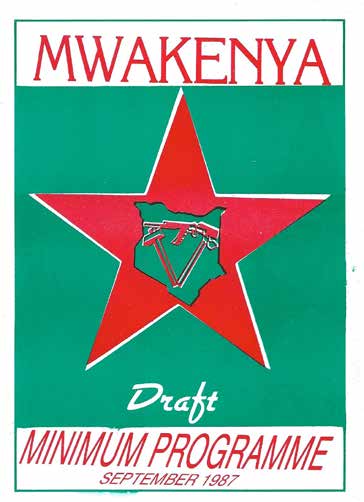
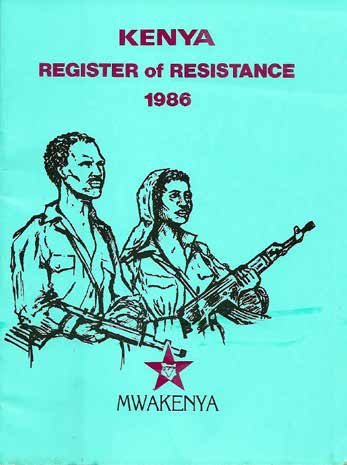
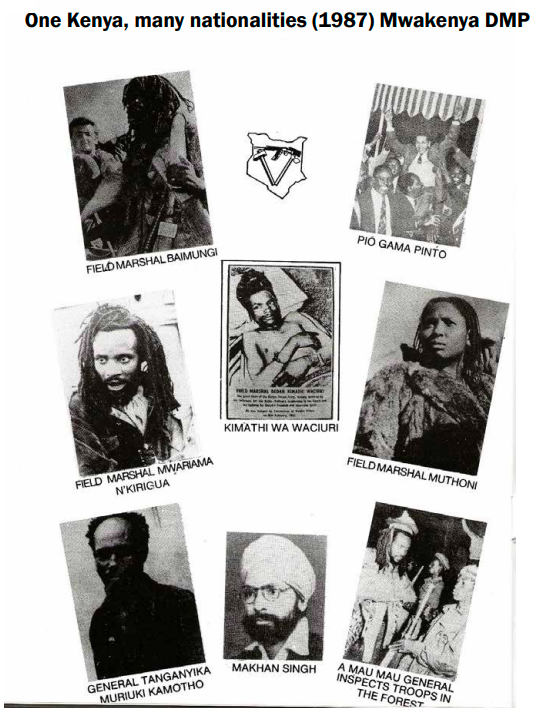
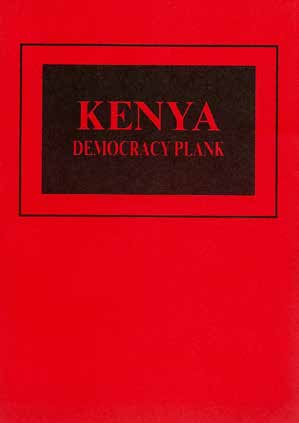
Mwakenya’s Democracy Plank (1991)
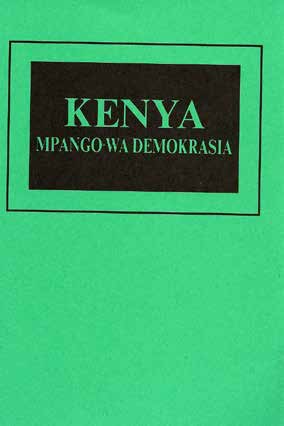
Mpango wa Demokrasia wa Mwakenya (1991)
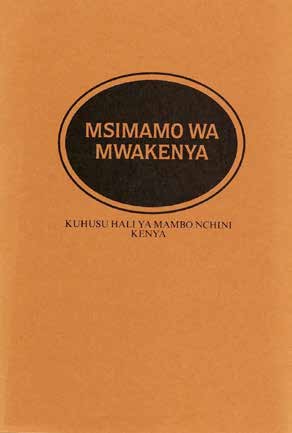
Msimamo wa Mwakenya (1992)
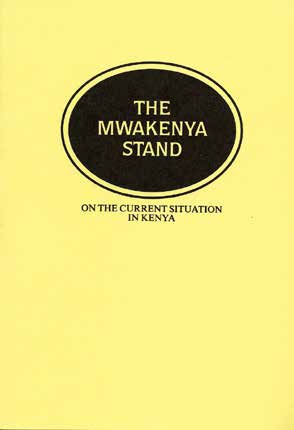
The Mwakenya Stand (1992)
